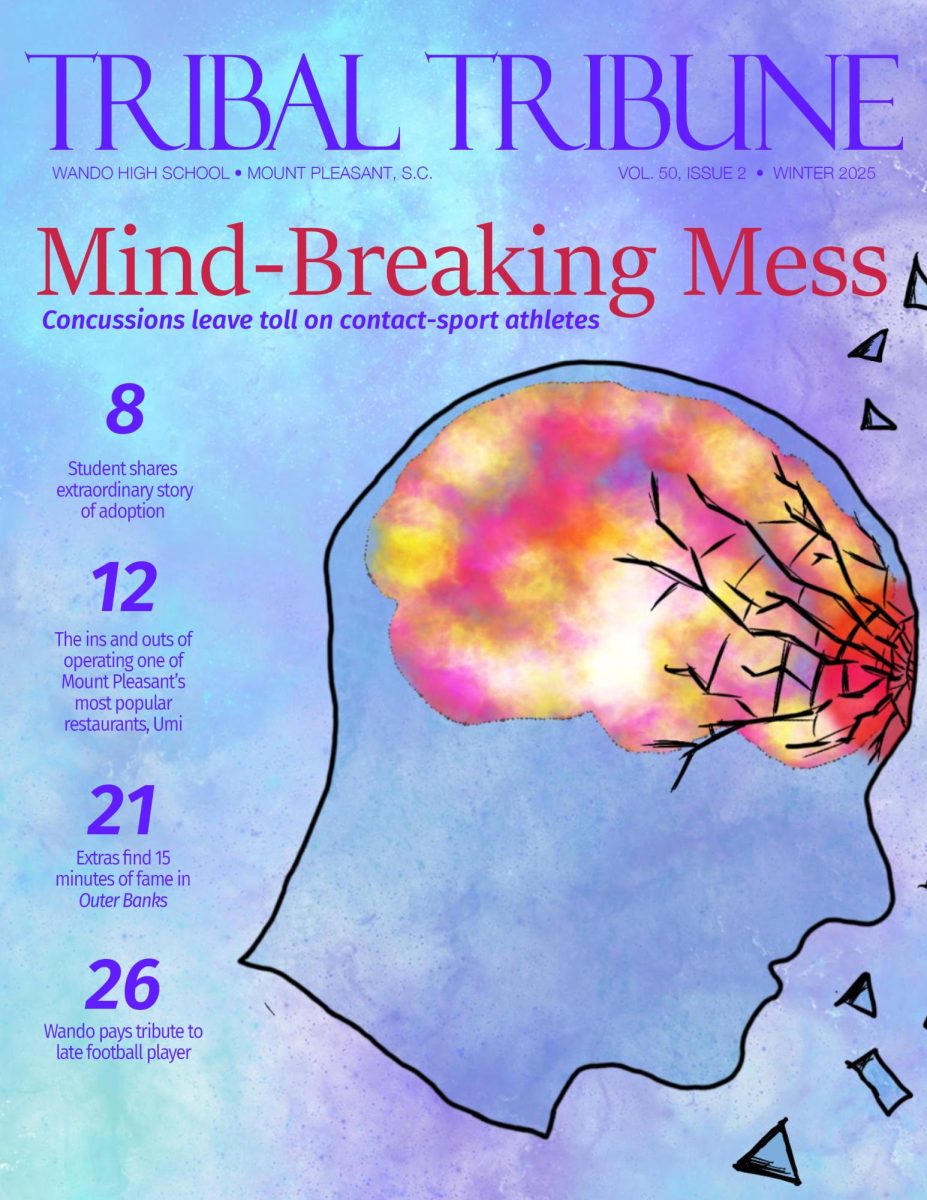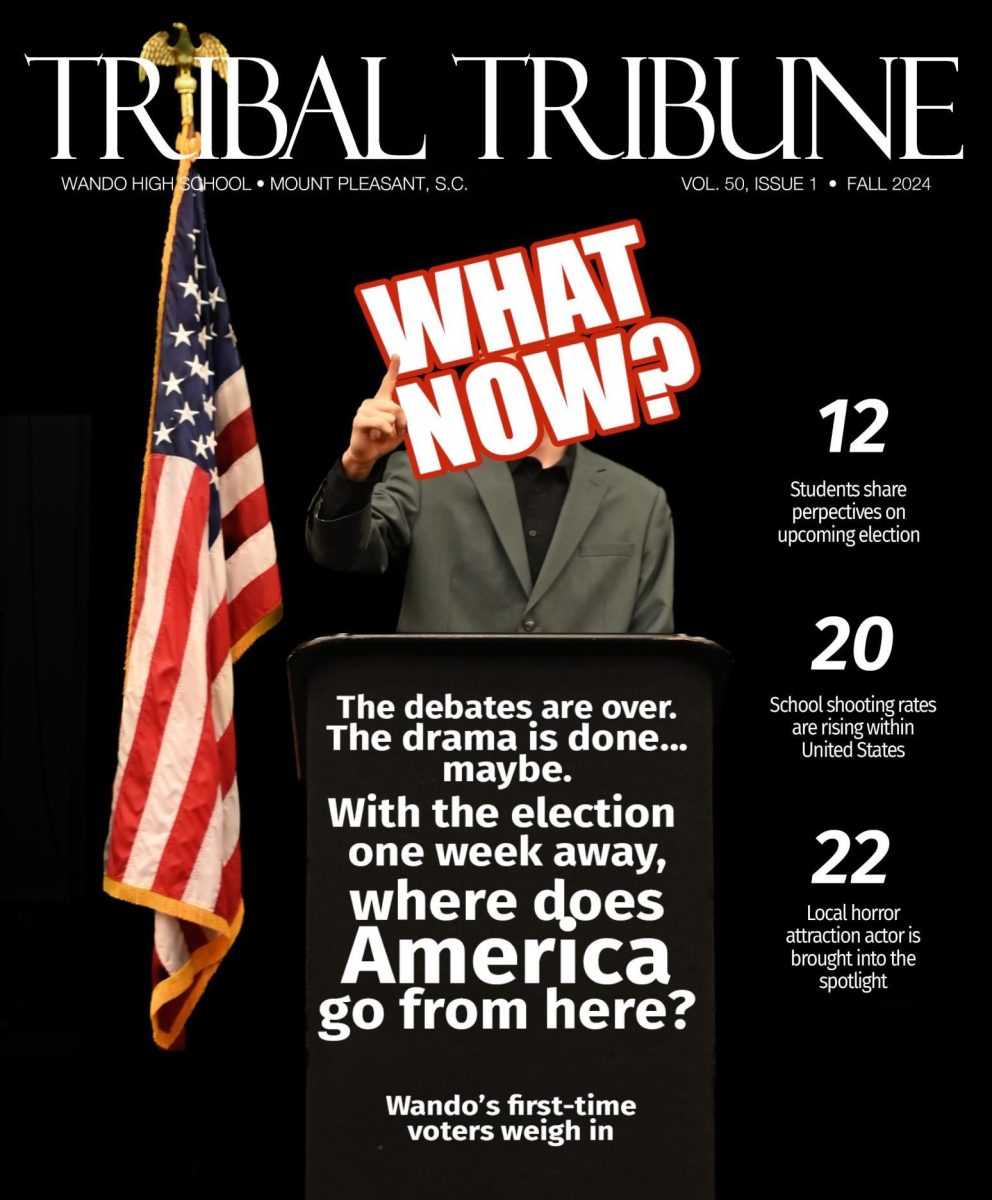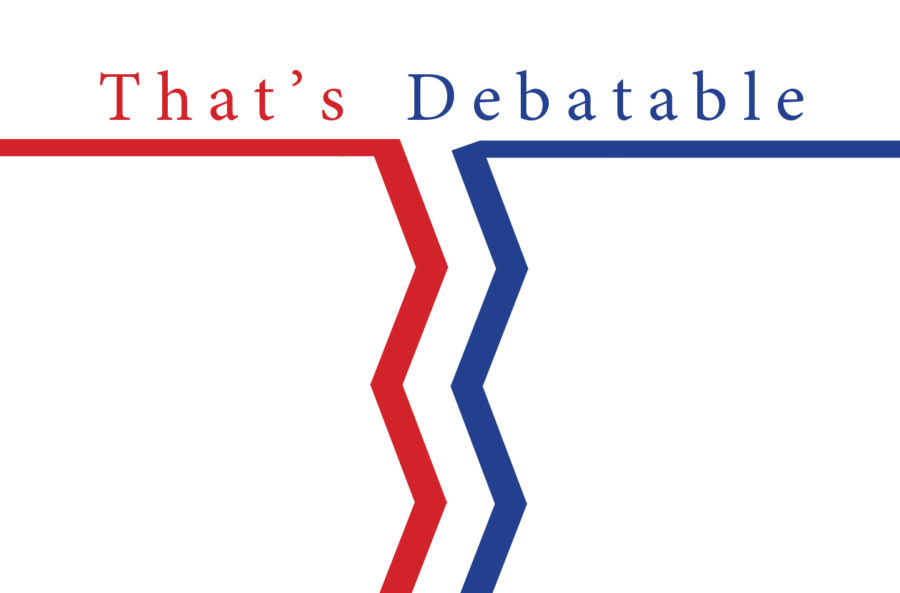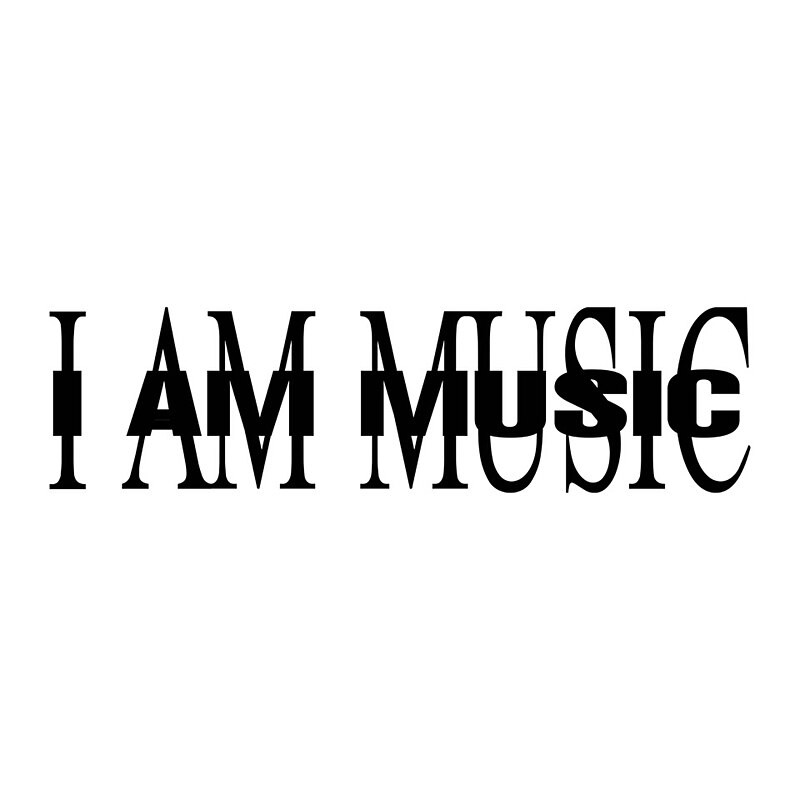In early March, rapper Playboi Carti released his long awaited album I am Music. With this release, an onslaught of opinions and takes regarding the quality of the album began to populate social media and lunch room conversations, with opinions ranging from great to horrible.
The epitome of this apparent dichotomy comes when people are asked their opinion of the album.
“It was mid. It was like 50/50… not good,” Sophomore Griffin Burrell said of the album. “I’d rate it like a four to five out of 10. That’s like horrible to me.”
His opinion was quickly interrupted by his classmate Junior Nasheed Palmer.
“Probably one of the best albums ever” Palmer said in response to Burrell’s rating “11 out of 10”
While these are two very different but valid opinions, the variance of the opinions is the interesting part. How can the same album mean something so extraordinarily different to two people? Why are these opinions presented as facts without the need for argument? The questions arising from the release are, in a way, more interesting than the album itself.
The reason for the different opinions isn’t complicated. The album’s rollout began all the way back in December 2023, when Playboi Carti teased the then upcoming album with a cryptic Instagram post. From that point, up to the album’s release nearly 15 months later, fans waited desperately for the drop of the record. This waiting naturally built excitement until momentum was at an all time high when the release date was revealed to be March 14 at three a.m.. So, when the album was released, fans were already happy for the album to release at all, giving them more grace to the content then it may have deserved. Whereas people who were not overly excited for the release gave it more grief then it deserved given the time it took from when it was announced to that point.
Why opinions are so different can be traced back to the album or its unorthodox release near exclusively, why opinions are being spoken as facts is more complicated. In an extremely divisive time in almost all aspects of life, the line between fact and opinion in people’s minds is blurred. In the case of this album, even though it is divisive, the opinions on it are ‘it was trash’ and not ‘I think it was trash.’ This shift to objective subjectivity, or opinions spoken as facts, in music specifically, has risen in the last year specifically in the wake of a highly publicized feud between two of music’s biggest stars. Since then, music in the rap genre has become heavily contentious among fans, leading to stronger opinions. People feel the need to defend their opinions and their favorite artists as the right one in a way that’s indisputable, leading to highly contentious discussions in the music space.
I am Music does almost nothing to contribute to the current music meta, however it is the perfect example of the things that make the space so controversial. The opinions it breeds based on personal experience from listener to listener are different for nearly everyone, and that’s what makes art special. However, the way these opinions are shared as objective facts, outlines the inherent problem with the way music is discussed and the need for people to defend their subjective opinions to an objective audience. Art at its core is made to be enjoyed, or not enjoyed, from person to person based on a variety of factors.








































